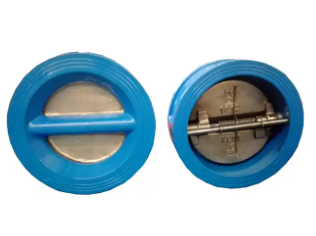GGG50 PN10 PN16 Z45X Gate Valve flange type non rising stem soft sealing ductile cast iron gate valve
Flanged Gate Valve Material includes Carbon steel/stainless steel/ductile iron. Media: Gas,heat oil,steam,etc.
Temperature of Media: Medium Temperature. Applicable temperature: -20℃-80℃.
Nominal diameter:DN50-DN1000. Nominal pressure:PN10/PN16.
Product name: Flanged type non rising stem soft sealing ductile cast iron Gate valve.
Product advantage: 1. Excellent material good sealing. 2. Easy installation small flow resistance. 3. Energy-saving operation turbine operation.
Gate valves are an important part of various industries, where the control of fluid flow is crucial. These valves provide a way to completely open or close the flow of fluid, thereby controlling the flow and regulating the pressure within the system. Gate valves are widely used in pipelines transporting liquids such as water and oil as well as gases.
NRS Gate valves are named for their design, which includes a gate-like barrier that moves up and down to control flow. Gates parallel to the direction of fluid flow are raised to allow passage of fluid or lowered to restrict passage of fluid. This simple yet effective design allows the gate valve to efficiently control flow and completely shut down the system when needed.
A noteworthy advantage of gate valves is their minimal pressure drop. When fully open, gate valves provide a straight path for fluid flow, allowing for maximum flow and low pressure drop. Additionally, gate valves are known for their tight sealing capabilities, ensuring that no leakage occurs when the valve is fully closed. This makes them suitable for applications requiring leak-free operation.
Rubber seated Gate valves are used in a wide variety of industries, including oil and gas, water treatment, chemicals and power plants. In the oil and gas industry, gate valves are used to control the flow of crude oil and natural gas within pipelines. Water treatment plants utilize gate valves to regulate the flow of water through different treatment processes. Gate valves are also commonly used in power plants, allowing control of the flow of steam or coolant in turbine systems.
While gate valves offer many advantages, they also have certain limitations. One major disadvantage is that they operate relatively slowly compared to other types of valves. Gate valves require several turns of the handwheel or actuator to fully open or close, which can be very time-consuming. In addition, gate valves are susceptible to damage due to the accumulation of debris or solids in the flow path, causing the gate to become clogged or stuck.
In summary, gate valves are an important part of industrial processes that require precise control of fluid flow. Its reliable sealing capabilities and minimal pressure drop make it indispensable in various industries. Although they have certain limitations, gate valves continue to be widely used due to their efficiency and effectiveness in regulating flow.

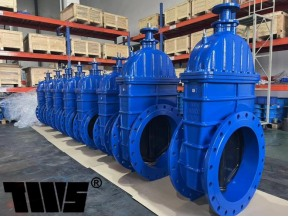
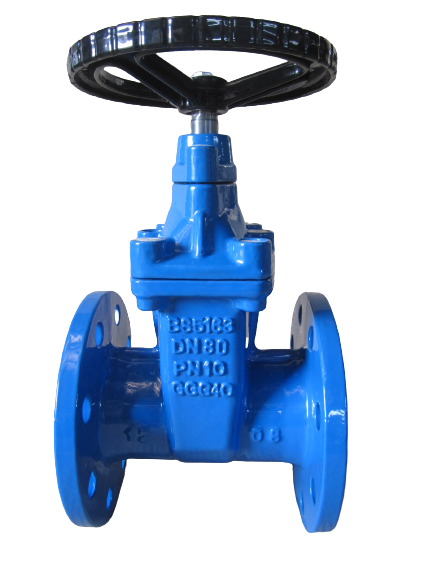
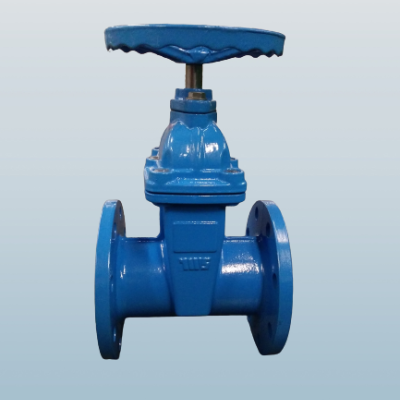

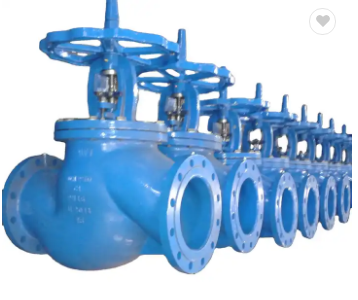

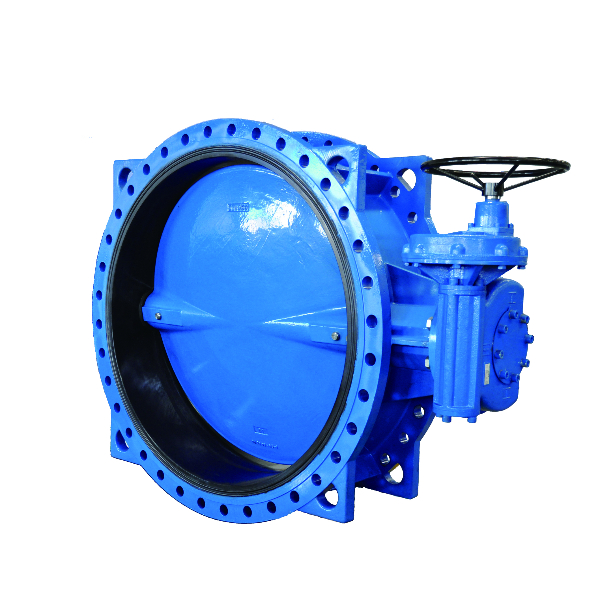
![[Copy] Mini Backflow Preventer](https://cdn.globalso.com/tws-valve/2.Mini_Backflow_Preventer__1_.jpg)

